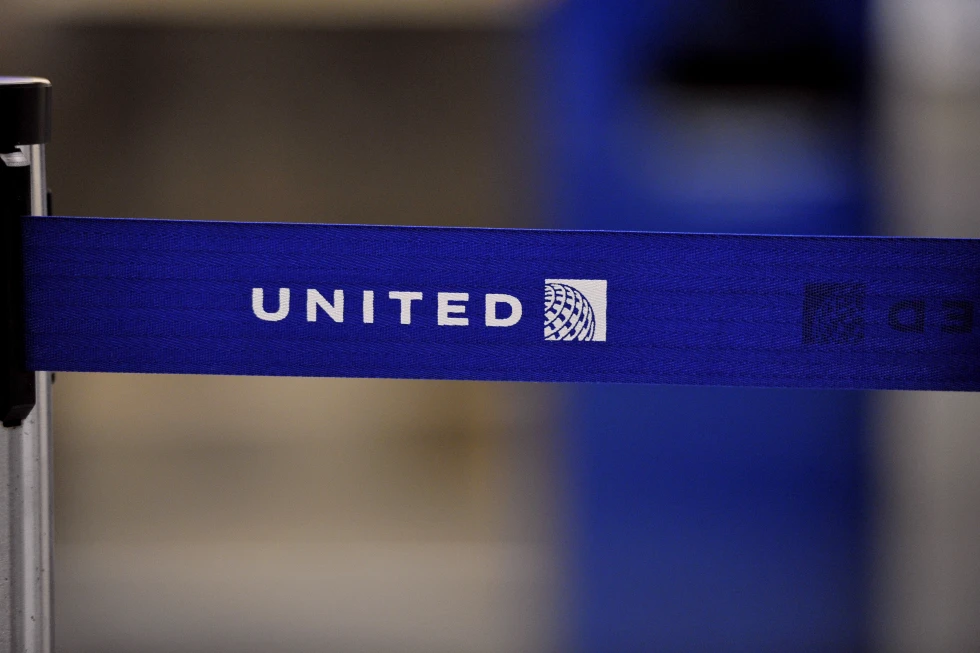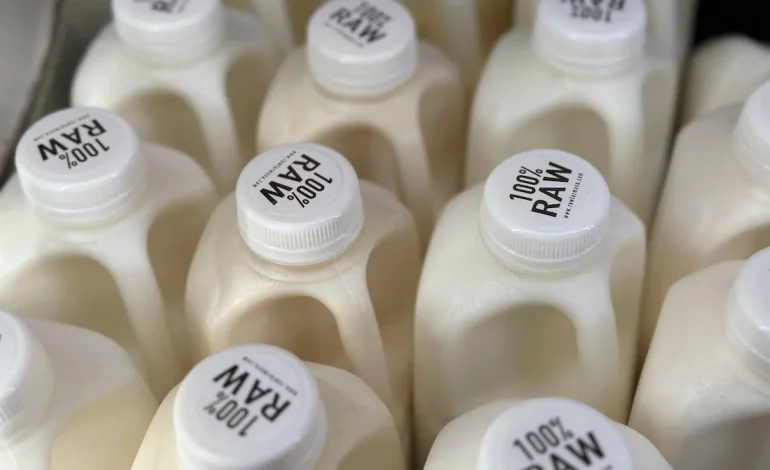California health officials announced that bird flu, specifically the H5N1 strain, was found in a sample of raw milk sold at a local store, prompting a recall of a batch of unpasteurized milk, the Washington Post reports.
The discovery of the virus in unpasteurized milk comes shortly after the first confirmed case of bird flu in a child in the US, which has heightened concerns about the potential spread of the virus to humans.
The affected product was raw milk from Raw Farm, with a “best by” date of November 27, 2024. The California Department of Public Health (CDPH) issued a voluntary recall of the product, urging consumers who may have purchased it to dispose of it immediately. Retailers have been instructed to remove the milk from store shelves as a precaution.
While there have been no reported cases of illness connected to this particular batch of milk, the detection of H5N1 in a consumer product underscores the ongoing risks associated with the virus. Health experts have long warned against consuming raw milk, which carries a higher risk of exposure to harmful bacteria and viruses, including salmonella, E. coli, and Listeria. Drinking or inhaling raw milk contaminated with the H5N1 virus can result in illness, and contact with contaminated milk may increase the likelihood of infection if individuals touch their eyes, nose, or mouth without washing their hands first.
The H5N1 avian flu virus, which has primarily affected birds, has now been detected in mammals, including dairy cows, pigs, and domestic animals like cats. In 2023 alone, there have been at least 55 human cases of H5N1 in the US However, the Centers for Disease Control and Prevention (CDC) maintains that human-to-human transmission is extremely rare. Most human infections have occurred due to direct contact with infected birds or their contaminated environments.
Unpasteurized milk, which has gained popularity in certain dietary circles, particularly through social media influencers and wellness advocates, has been a topic of debate. While some claim raw milk offers unproven health benefits, health agencies caution against the consumption of unpasteurized dairy products due to the increased risk of infection. Pasteurization, a process that heats milk to kill harmful pathogens, has been a standard in milk production for nearly a century and is proven to significantly reduce the risks of foodborne illnesses.
Despite these warnings, raw milk has experienced a resurgence in demand, with proponents arguing for its supposed health benefits. Public figures like actress Gwyneth Paltrow, who has faced criticism for promoting unproven wellness claims, have spoken out in favor of raw milk, contributing to its growing appeal. However, the CDC and other health experts stress the importance of pasteurization in protecting public health, particularly as avian flu and other pathogens continue to pose a risk.
State and federal health agencies continue to monitor the situation closely. The recent detection of bird flu in milk, along with the growing concerns surrounding raw milk, serves as a reminder of the potential risks posed by consuming unregulated food products. As the nation grapples with the evolving risks associated with avian flu, public health experts urge consumers to remain vigilant and informed about the potential dangers of raw milk and other unpasteurized products.
While the case in California is isolated, it highlights the broader issue of food safety and the challenges associated with balancing consumer choice with public health protections. As the debate over raw milk continues, health officials remain focused on ensuring the safety of the nation’s food supply, with particular attention to emerging threats like avian flu.









